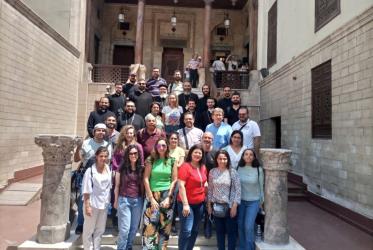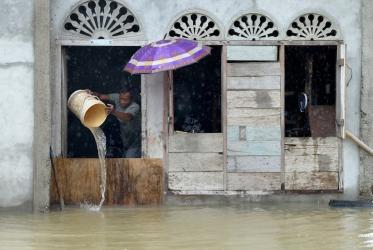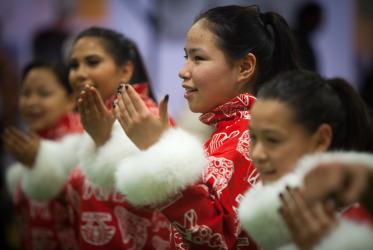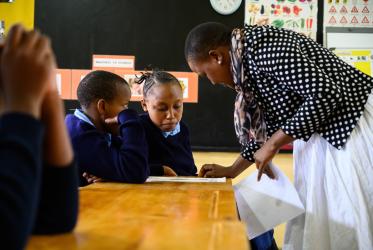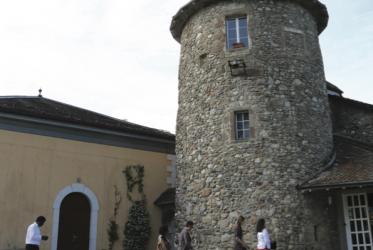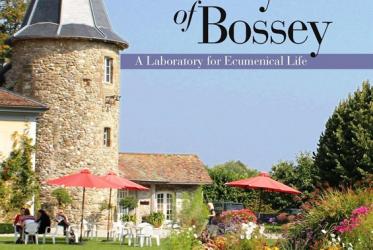Displaying 1 - 20 of 30
23 November 2023
Pope Francis at the World Council of Churches
31 May 2018
Bossey alums praise its 70 years of ecumenical formation
13 October 2016
Book launch will feature The Story of Bossey
30 September 2016
WCC conference explores ecological injustice in Uganda
21 April 2016
Theologian explores emerging model of empowerment and diakonia
17 December 2015

